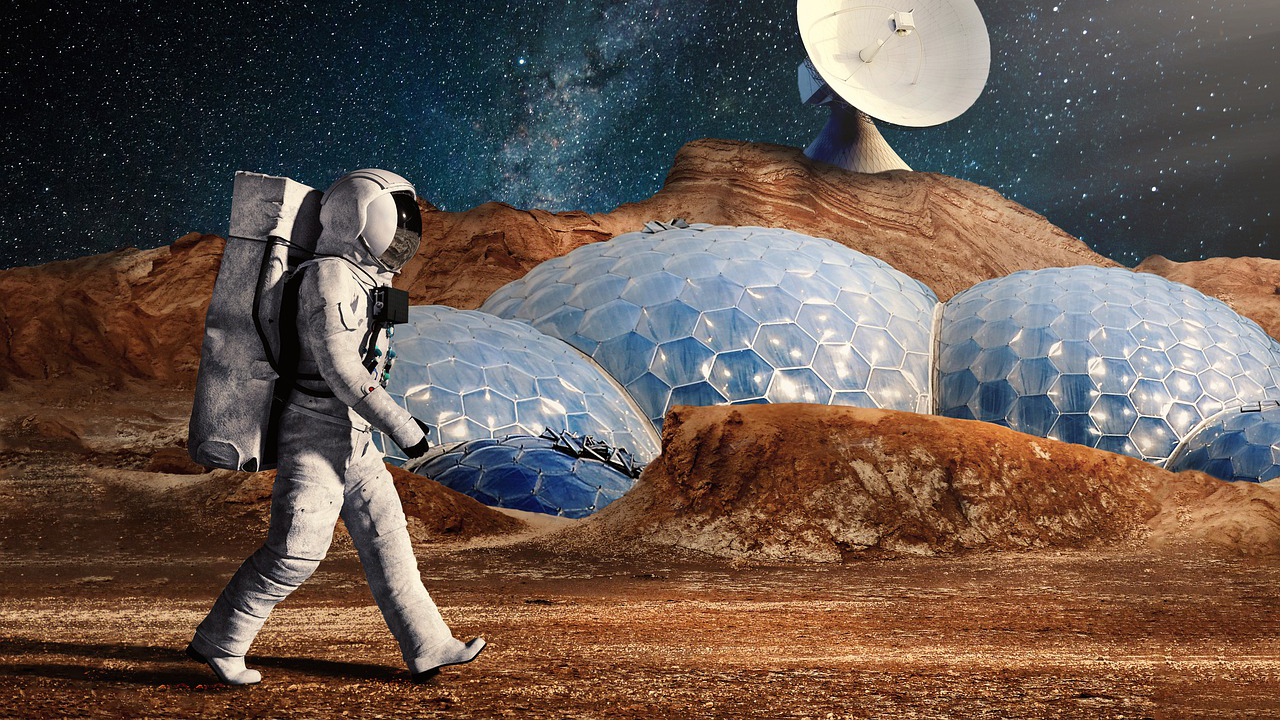The Covid-19 pandemic spawned a collective feeling of missing out on our routine activities, vacation, sports and gave us the edge to look for convenient avenues we could escape to when the world becomes chaotic (Tomassini et al., 2021). As the summer approaches, most of us start looking for vacation venues in other countries and cities to travel to relax and have fun. However, there is a growing possibility of more adventurous escape to the stars in the future thereby giving way to space tourism becoming a norm to everyone and not only to the rich few. Space tourism is human space travel for recreational purposes, and different types of space tourism exist; orbital, suborbital, and lunar space tourism (Cole, 2015). Space tourism is in its infancy, and only a few billionaires and celebrities have made it to space for vacation. However, within the next 15 to 20 years the rapid development across the internet and technological advancements in the Space industry with the involvement of the private sector will make the dreams of an ordinary man going on vacation to sub-orbital or orbital a reality.
Several starting points exist on this idea of space tourism from science fiction movies, defense in space, space tourism speculations, actual space tourists, and now projected space tourism projects have made space travel missions for a commoner almost a reality (Cole, 2015). The space tourism industry is growing, with many prospects coming from private companies like SpaceX, which will use reusable rocket technologies to make spaceflights more affordable. Apart from SpaceX, Virgin Galactic and Blue Origin are also privately owned companies making substantial investments in suborbital space tourism (Taylor, 2021). These companies plan to take humans to the edge of space and back to earth in the near future. This dream may seem far-fetched to an ordinary man who does not have millions to spare for a space trip; however, with the rapid developments in space technology and the reuse of rocket technologies, space tourism will become more affordable in the foreseeable future. In the future space, tourism will be a massive driver in job reaction opportunities, with the increased creation of new types of businesses that operate in space. For this to be realizable, technological evolutions play a critical role. For instance, Elon Musk’s SpaceX program has taken the lead already by developing a sustainable space tourism model that could take humans to Mars and back to earth (Taylor, 2021). These inventions are fascinating and will only improve in the future.
References
Cole, S. (2015). Space tourism: prospects, positioning, and planning. Journal of Tourism Futures, 1, 131-140. https://doi.org/http://dx.doi.org/10.1108/JTF-12-2014-0014
Taylor, D. (2021). The future of space tourism: op-ed. https://www.space.com/future-of-space-tourism-op-ed
Tomassini, L., Schreurs, L., & Cavagnaro, E. (2021). Reconnecting the space of tourism and citizenship: the case of tourists’ hubris. Journal of Tourism Futures, 7(3), 337-349. https://doi.org/http://dx.doi.org/10.1108/JTF-10-2020-0176
-
Mavis Ofehttps://eyongesttech.com/author/admin-eygtech/
-
Mavis Ofehttps://eyongesttech.com/author/admin-eygtech/
-
Mavis Ofehttps://eyongesttech.com/author/admin-eygtech/
-
Mavis Ofehttps://eyongesttech.com/author/admin-eygtech/


